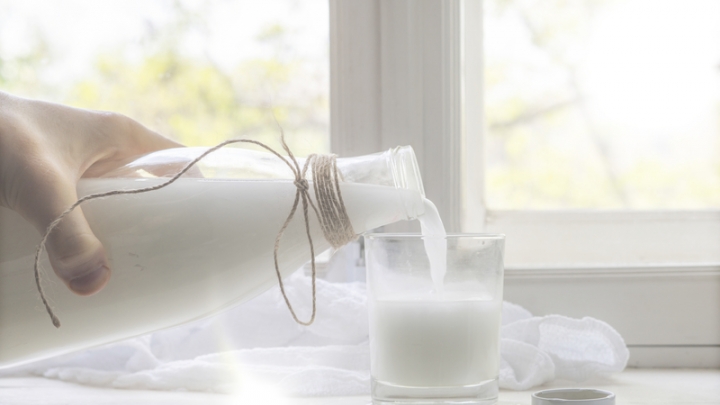(RxWiki News) There's a lot of information about the supposed health benefits of drinking raw milk circulating on the internet. But is raw milk safe?
Before you drink raw milk, you may want to think twice.
According to the Centers for Disease Control and Prevention (CDC), raw milk can contain bacteria, parasites and viruses — all of which can make you extremely ill.
This is because raw milk has not been pasteurized. During the pasteurization process, the milk is heated to a high temperature for a prescribed amount of time in order to kill the germs that can make you sick. In short, this process makes sure your milk is safe to drink.
This warning is not limited to milk but to all products made from raw milk. These milk products include cheese, ice cream and yogurt.
Types of bacteria you may be exposed to if you drink raw milk or eat products made from raw milk include Brucella, Campylobacter, Cryptosporidium, E. coli, Listeria and Salmonella. After exposure to these types of bacteria, you may experience diarrhea, stomach cramps and vomiting.
So, what's behind all the buzz around raw milk? It likely has something to do with the common notion that foods that are not processed are better for your health.
In this case, however, processing the milk (by pasteurizing it) is what makes the product safe to consume, according to the CDC. Keep in mind that even if the raw milk is organic or from an organic, certified, or local farm or dairy, there is still no guarantee that it is safe. Pasteurization is the key to getting rid of the germs.
Consider the following steps to avoid the health risks tied to raw milk products:
- Only drink or eat pasteurized milk and milk products. Look for the word “pasteurized” on the food label.
- Keep milk and milk products in the refrigerator at 40°F or colder.
- Throw away all expired milk and milk products.
Speak with your health care provider if you have any questions or concerns.
Written by Anyssa Garza, PharmD, BCMAS







